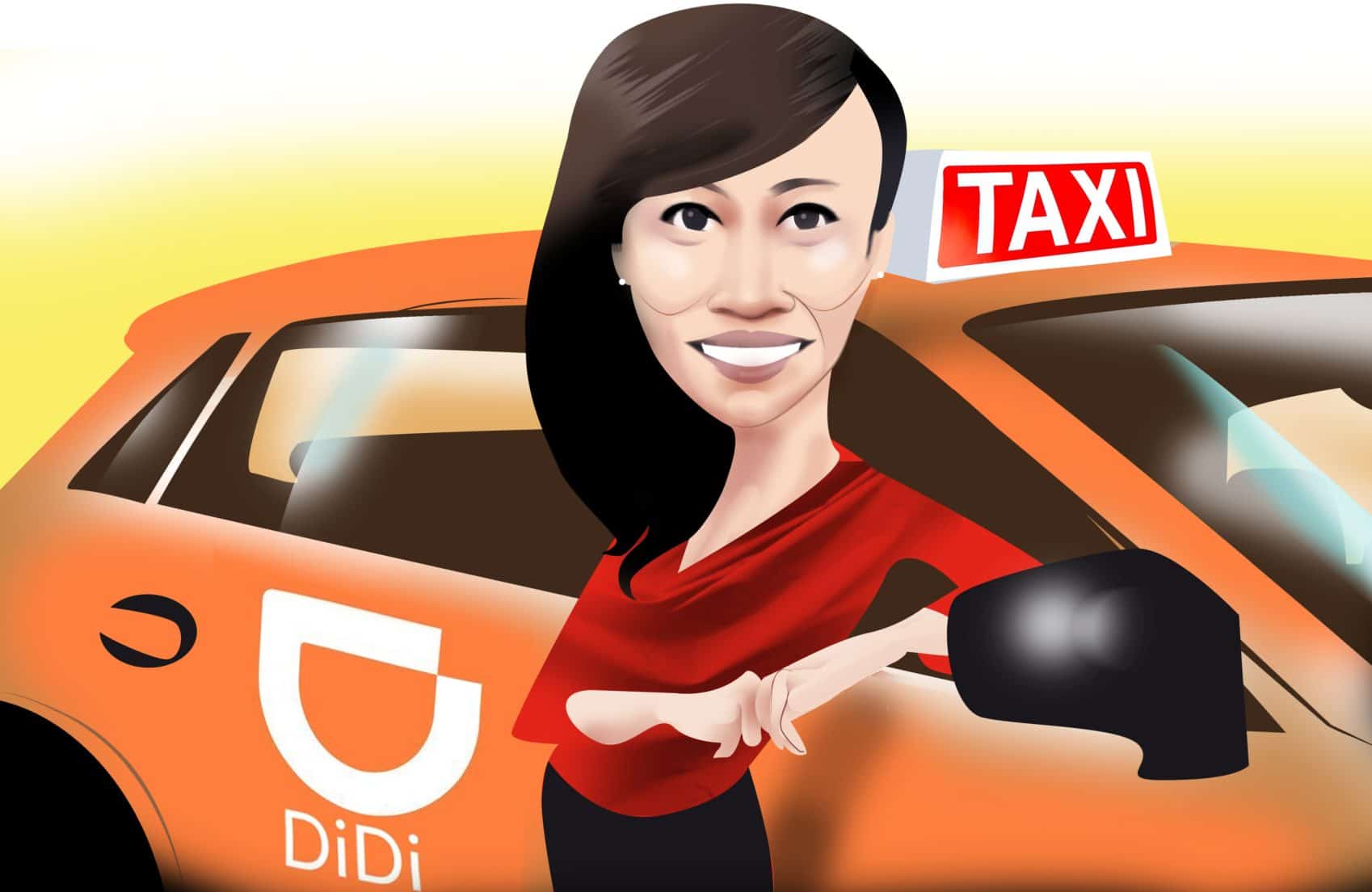A podcast about the turbulent relationship between the world's two superpowers, the two men who run them, and the vital issues that affect us all.
US Ambassador Nicholas Burns recently served in Beijing for three years. In this episode of Face-Off: US vs. China, host Jane Perlez talks to Burns about how he got Americans out of Chinese jails, how security operatives stopped American cultural groups from performing, and how China agreed to limits on AI in nuclear weapons.


